On Wednesday, Premier League side Leicester City confirmed the acquisition of 22-year-old striker Patson Daka from RB Salzburg on a four-year contract.
It is a signing that, in many ways, makes a great deal of sense, for both club and player, and that's how it has been received: the Foxes once again demonstrating their dexterity in the transfer market, moving fast to address a need before it became urgent.
However, there is another way in which the move can be interpreted, and that is in terms of simple availability.
Daka is only the third Zambian player ever to grace the Premier League; crucially, the Chipolopolo have not qualified for next year's Africa Cup of Nations.
Had they made it through to the tournament in Cameroon, it is likely Leicester might have been a little less prompt in pulling the trigger, and might have explored their interest in Celtic’s French striker Odsonne Edouard instead.
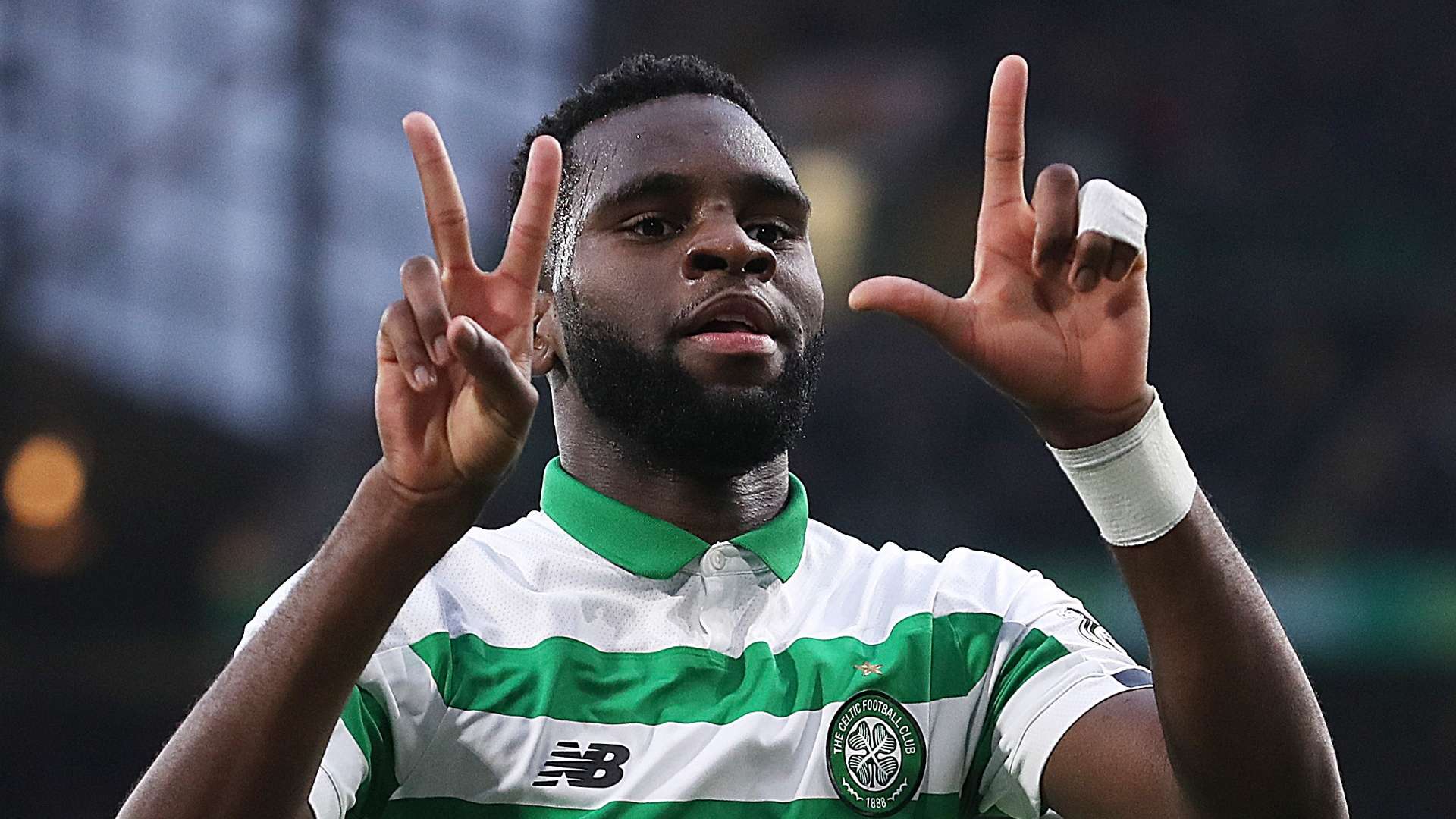 Getty
Getty
The timing of the Afcon is a wrinkle that was already addressed by Caf's initial decision to stage the competition in the summer, starting from the 2019 edition.
However, the combination of the outbreak of Covid and "unfavourable climactic conditions" saw the 2021 edition moved back to its traditional January slot, and that has reanimated the discussion surrounding its troubled relationship with Europe's major leagues.
More specifically, how does a January Afcon affect the thinking and planning of clubs in the transfer market?
There is the very real prospect of interested clubs considering a willingness to attend the Afcon a deal-breaker during negotiations, and even using it as a tool to whittle down transfer targets.
Even in situations where the African player is superior, he may get bumped down simply for the sake of availability.
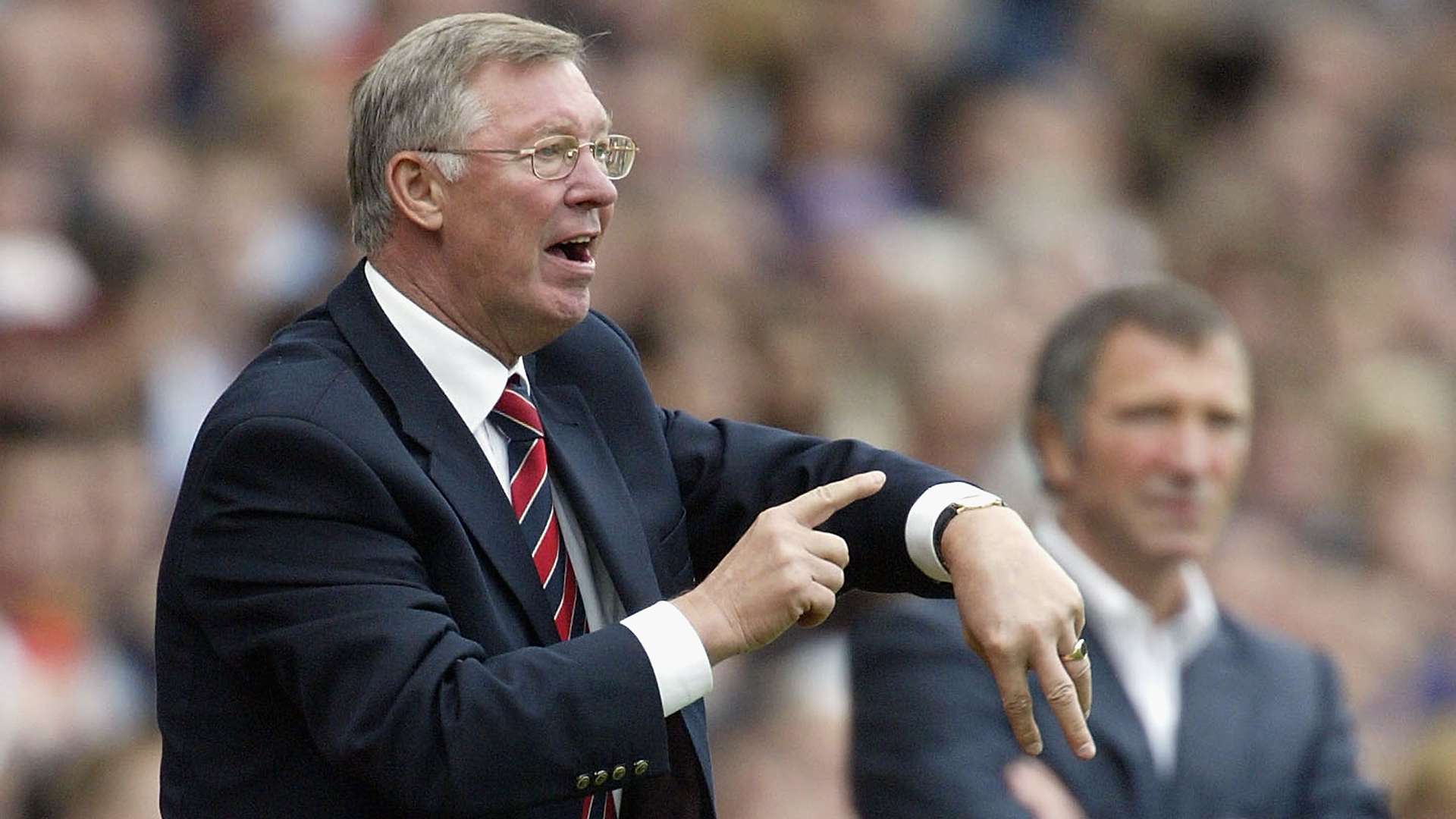 Getty
Getty
Back in 2011, former Manchester United manager Alex Ferguson suggested his title rivals having so many African players in their ranks was a distinct disadvantage he did not share, and for years baulked at the idea of signing players from the continent.
His spotty record when he did dip his toes in didn't exactly help, but there clearly was little enthusiasm to begin with.
Viewed in that light, and one can understand why sides fighting for the biggest honours might be reticent.
Those that are willing to take the plunge regardless may find themselves a little less accommodating when the time does come around.
How will Paris Saint-Germain, for example, who have apparently secured wing-back Achraf Hakimi to address a long-term problem position, react to losing him in January, especially in a season where re-asserting their domestic dominance is crucial?
If they find themselves behind in the Ligue 1 title race at the midway point of the season, losing all that thrust from out wide might not appear such an agreeable proposition.
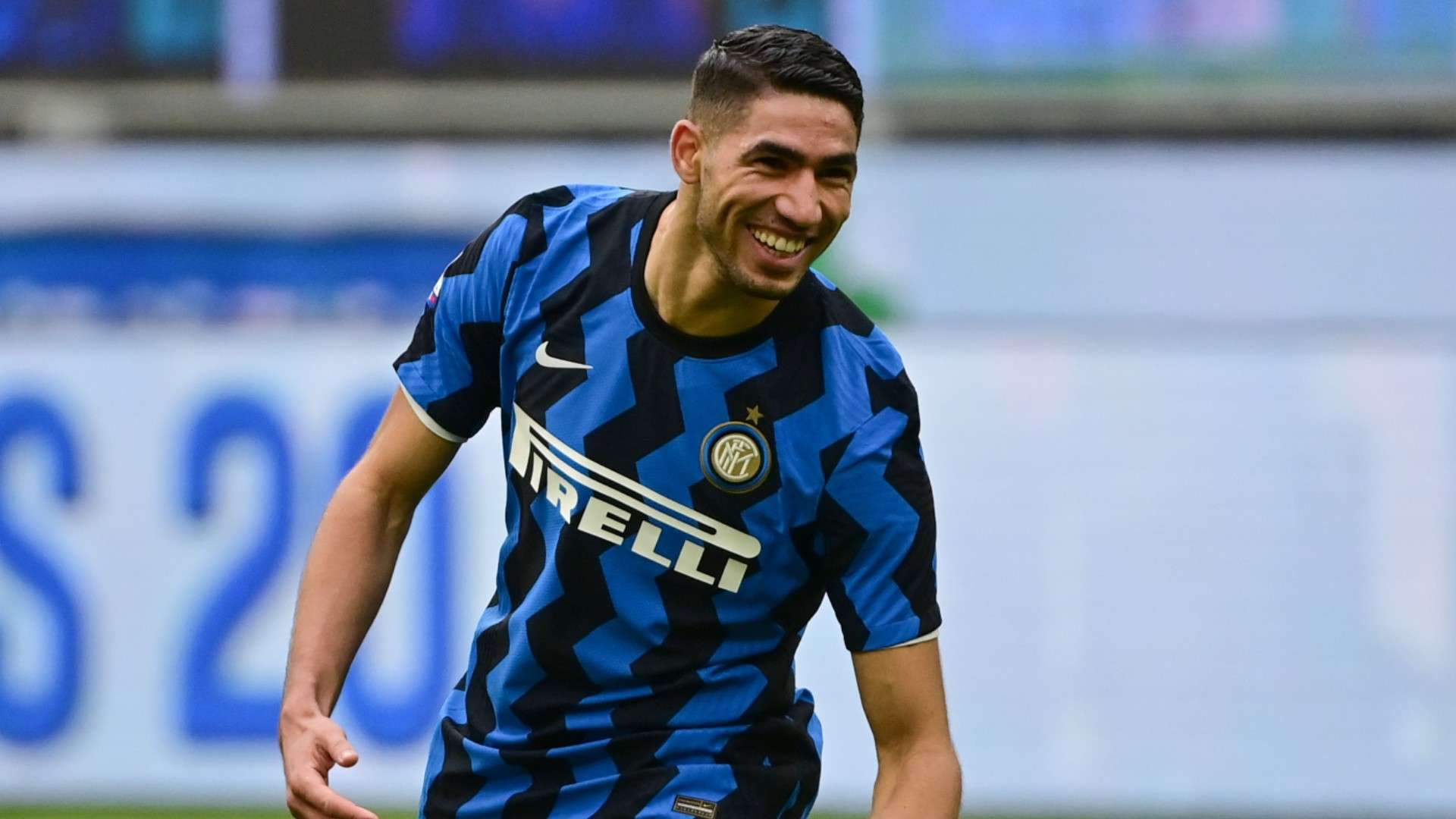 Getty Images
Getty Images
Is the value a player like Youssef En-Nesyri, who took a giant leap forward in his development last season, can command in the transfer market not significantly dented by his needing to represent Morocco at the Afcon?
What about Paul Onuachu, who has realistically done all he can in Belgium and is being linked to a number of Premier League clubs – would needing to join up with Nigeria halfway through his debut season not only affect his allure in the eyes of suitors, but also potentially impact his adaptation negatively in the event one of his suitors was willing to take the plunge regardless?
Clubs that have African players already on the books have a headache to resolve as well.
Liverpool, for instance, will be severely hit by the absences of Sadio Mane, Mohamed Salah and Naby Keita; to lose one would be bearable, but to lose three would surely require them to dip into the market in positions where they might have previously felt secure, thereby affecting their ability to recruit in other areas.
There is also the effect it can have on the players themselves.
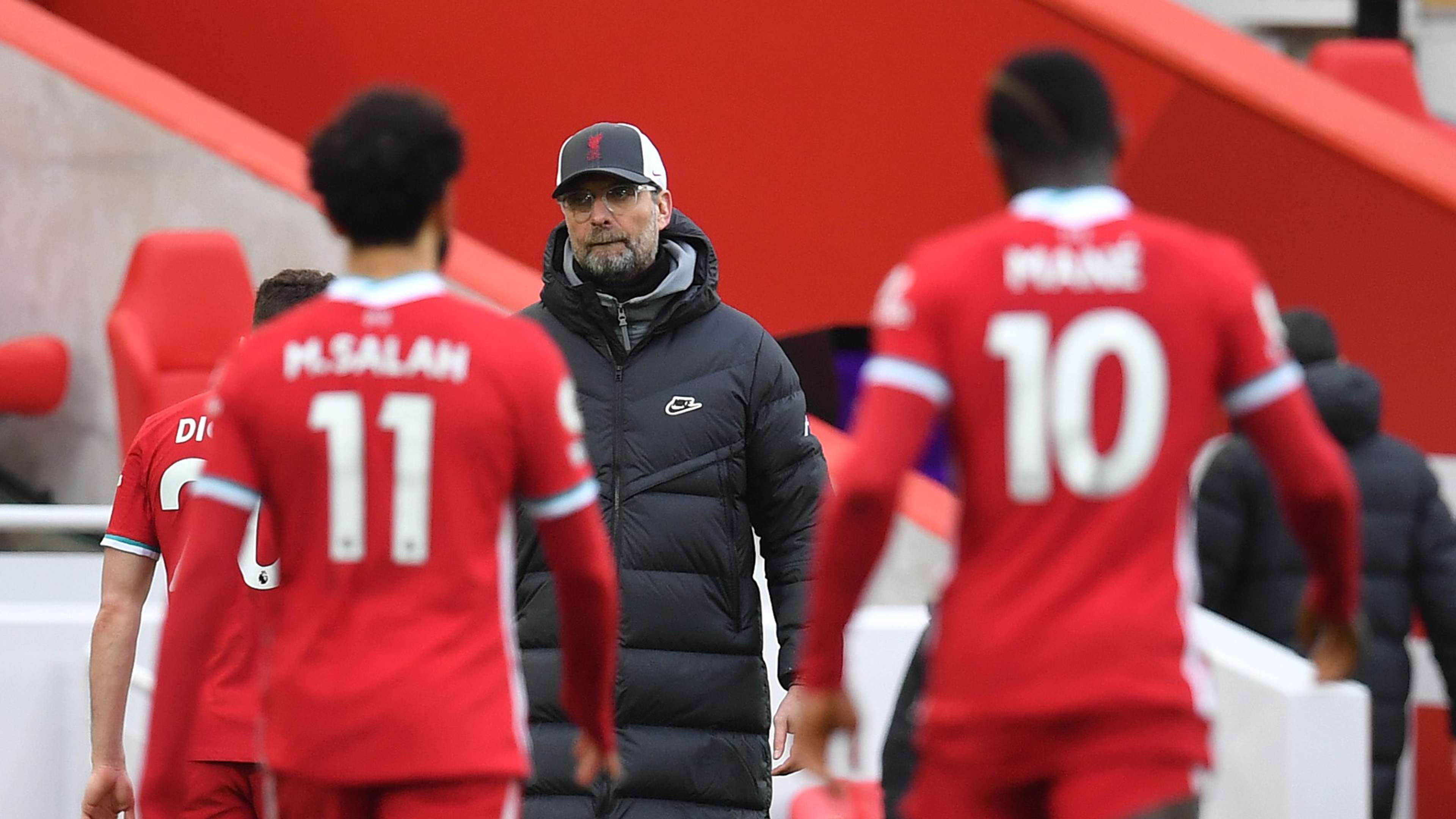 Getty
Getty
The famous example of Joel Matip, who elected to retire from international football with Cameroon, is a poignant one. These players take on a significant risk in honouring the Afcon, and while the likes of Mane and Salah are in strong enough positions that it would not affect their standing, the same cannot be said for others.
Going to the Afcon can sometimes mean losing their place with their club.
This makes for a difficult decision. After all, without impressing for their clubs, there would be no national team call-ups anyway.
So, which comes first: chicken or egg? It is that existential.
What effect would leaving for a month have on Kelechi Iheanacho, who has done tremendously to play himself into indispensability at Leicester? Would it not simply make it easy for Brendan Rodgers to revert to a lone striker set-up, thereby returning the Nigeria international to his former anonymous estate?
The Afcon may be Africa's showpiece, and the rationalizations about the weather in Cameroon are worthy of consideration, but in truth it is a cruel monarch, exacting a huge tribute for fealty. It is a price that too often has penalized its subjects, and may do so yet again in 2022.
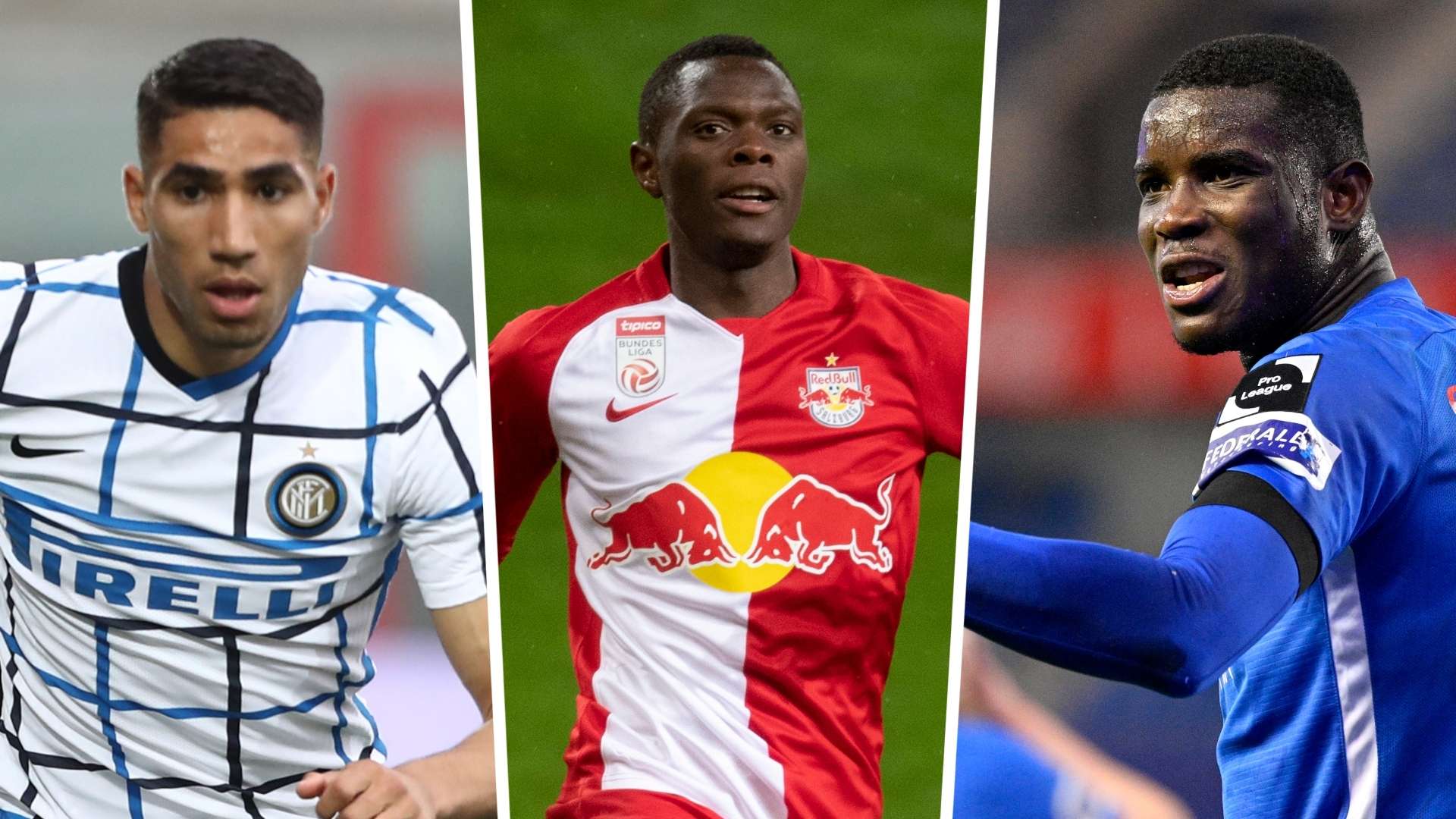
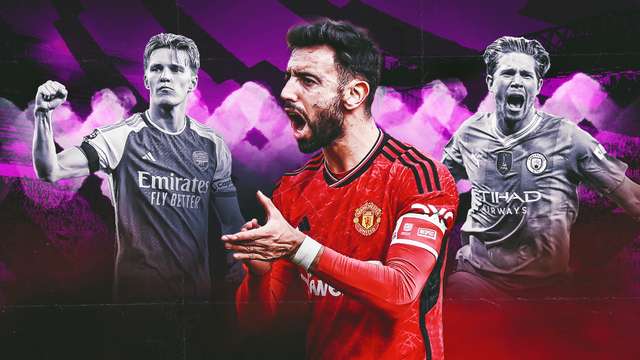
.jpg?auto=webp&format=pjpg&width=640&quality=60)
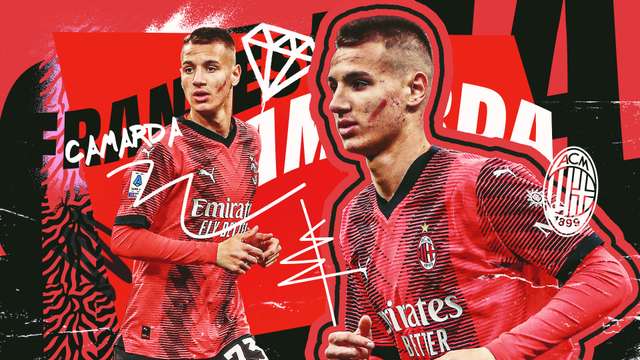
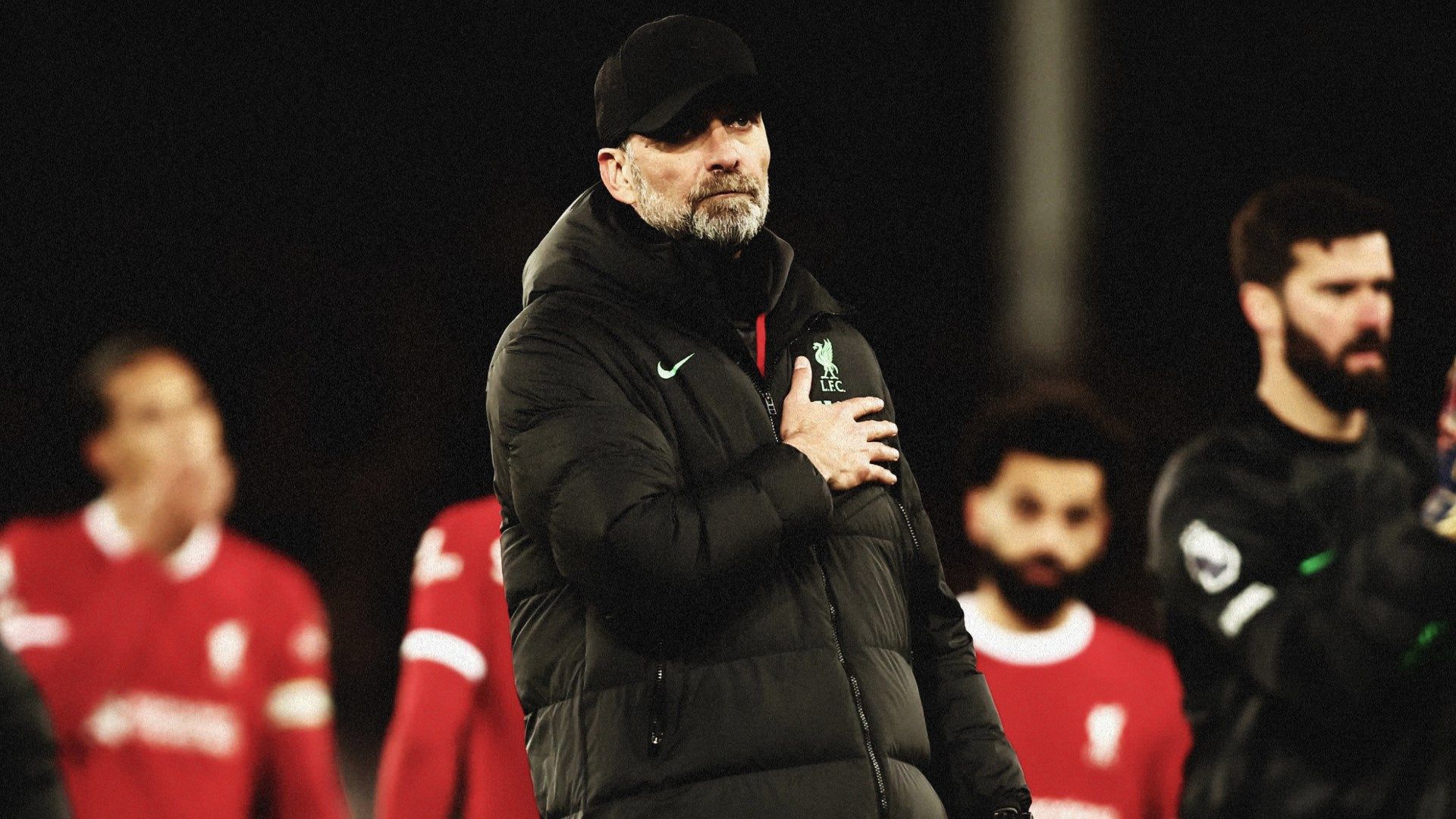.jpg?auto=webp&format=pjpg&width=640&quality=60)